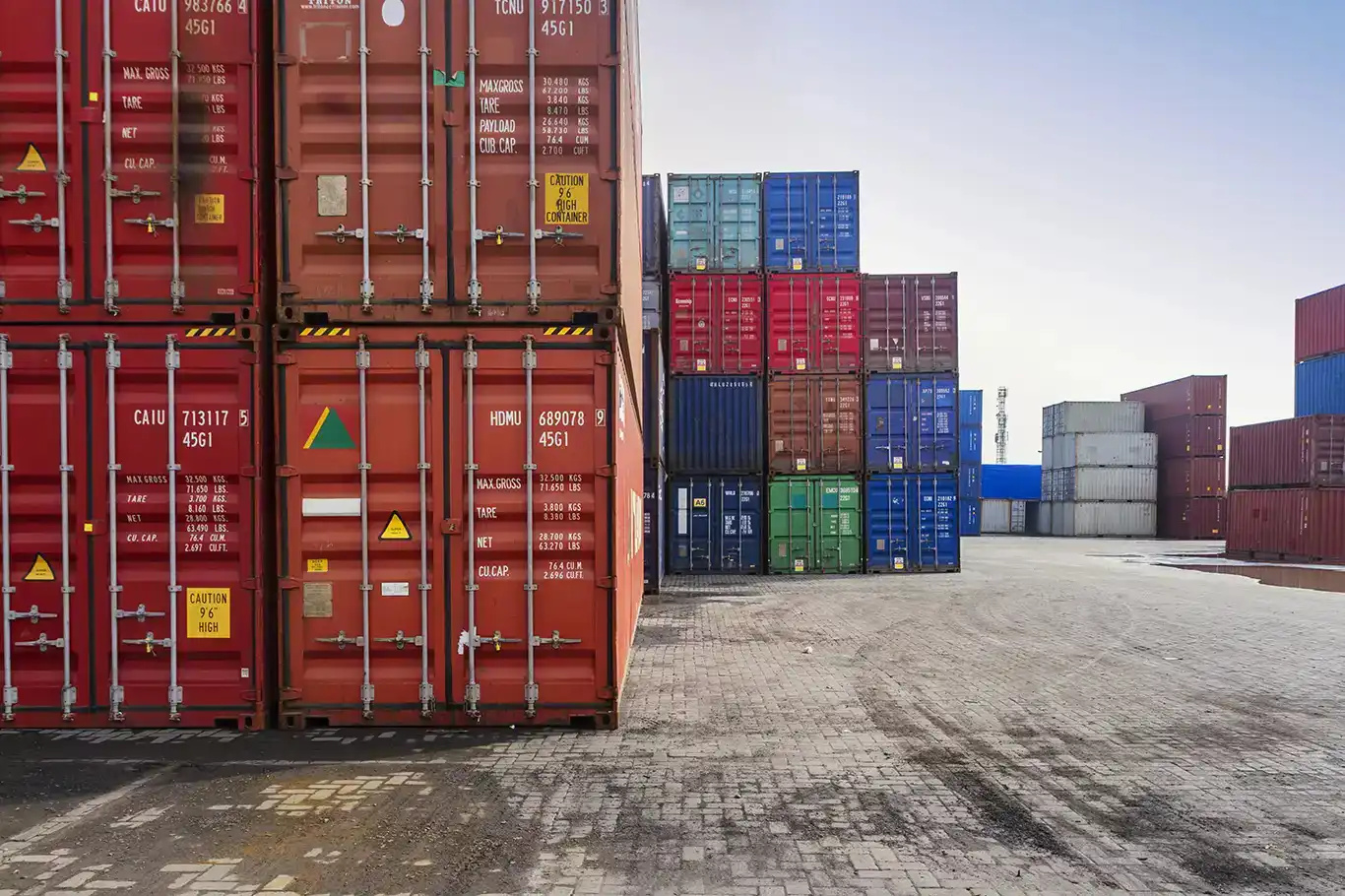Türkiye’s trade deficit narrows to $6.4 billion in July


Türkiye’s foreign trade activity posted strong growth in July 2025, with both exports and imports increasing, while the monthly trade deficit narrowed, according to provisional figures released Thursday by the Turkish Statistical Institute (TurkStat) in cooperation with the Ministry of Trade.
Exports in July rose 11.0% year-on-year to $24.94 billion, while imports grew 5.4% to $31.38 billion. As a result, the foreign trade deficit contracted by 11.8% to $6.44 billion, with the export-to-import coverage ratio improving from 75.5% to 79.5%.
For the January–July 2025 period, Türkiye’s exports totaled $156.32 billion, a 5.1% increase compared to the same period of 2024. Imports rose at a faster pace of 6.9%, reaching $212.22 billion. This led to a 12.2% widening of the trade deficit, which stood at $55.90 billion, while the export-to-import coverage ratio slipped slightly from 74.9% to 73.7%.
Excluding energy products and non-monetary gold, July exports amounted to $23.11 billion (up 12.8%), while imports reached $25.29 billion (up 7.7%), reducing the deficit to $2.18 billion. The adjusted foreign trade volume increased by 10.1% to $48.40 billion, with exports covering 91.4% of imports.
Manufacturing continued to dominate Türkiye’s exports in July, accounting for 95.5% of total shipments. Agriculture, forestry, and fishing contributed 2.2%, while mining and quarrying represented 1.6%. For the January–July period, manufacturing held a 94.4% share, with agriculture at 3.4% and mining at 1.6%.
High-technology exports, however, remained limited, constituting just 4.2% of manufacturing exports in July and 3.7% year-to-date. Analysts note this reflects structural challenges in Türkiye’s long-term global competitiveness.
On the import side, intermediate goods made up the largest share at 65.2% in July. Capital goods represented 17.2%, and consumption goods 17.0%. For January–July, the shares stood at 69.0%, 14.4%, and 16.4%, respectively. Manufacturing products comprised 83.6% of imports in July, with high-tech products accounting for 12.7%.
Germany remained Türkiye’s largest export destination in July with $1.97 billion, followed by the United Kingdom ($1.70 billion), the United States ($1.57 billion), the United Arab Emirates ($1.50 billion), and Italy ($1.10 billion). These five markets together absorbed 31.4% of total exports.
For imports, China led with $4.64 billion, followed by Russia ($3.56 billion), Germany ($3.01 billion), the United States ($1.74 billion), and Italy ($1.55 billion). Together, these five countries supplied 46.2% of Türkiye’s imports.
Seasonally and calendar-adjusted figures show exports rising 8.5% and imports falling 5.8% in July compared to June. On a year-on-year basis, calendar-adjusted exports rose 11.2%, while imports climbed 5.4%.
Under the special trade system, July exports totaled $22.65 billion, up 11.2%, while imports reached $29.39 billion, up 8.3%. The trade deficit narrowed slightly to $6.74 billion, with the coverage ratio improving from 75.1% to 77.1%.
Türkiye, ranked the 16th-largest economy worldwide and 7th-largest in Europe by nominal GDP in 2025, continues to rely heavily on automotive, textiles, and electronics exports. Yet, the relatively low share of high-tech exports underscores structural vulnerabilities.
Intermediate goods, particularly gold imports ($17.1 billion) and refined petroleum ($9.8 billion), highlight dependency risks. Economists note that a 10% depreciation of the Turkish lira can reduce exports by around 3% due to higher imported input costs, undermining competitiveness.
Looking ahead, Türkiye faces the challenge of sustaining growth amid 42.1% inflation, a 200% lira depreciation since 2012, and the upcoming EU Carbon Border Adjustment Mechanism in 2026, which could pressure exporters unless domestic carbon pricing reforms are adopted.
Despite these hurdles, TurkStat’s latest data shows that Türkiye’s foreign trade remains resilient, with improved monthly performance but continuing structural imbalances in technology and import reliance. (ILKHA)
LEGAL WARNING: All rights of the published news, photos and videos are reserved by İlke Haber Ajansı Basın Yayın San. Trade A.Ş. Under no circumstances can all or part of the news, photos and videos be used without a written contract or subscription.
The Central Bank of the Republic of Türkiye (CBRT) reported a slight decline in its total reserves, dropping by $183 million to $176.327 billion for the week ending August 22, 2025, according to the bank’s weekly monetary and banking statistics released on Thursday.
Türkiye’s economic confidence index climbed by 1.7% in August to 97.9, up from 96.3 in July, reflecting growing optimism across multiple sectors, according to a statement released by the Turkish Statistical Institute (TurkStat) on Thursday.
The Central Bank of the Republic of Türkiye (CBRT) has published its Sectoral Inflation Expectations report for August 2025, showing a notable decline in annual inflation expectations across key sectors.